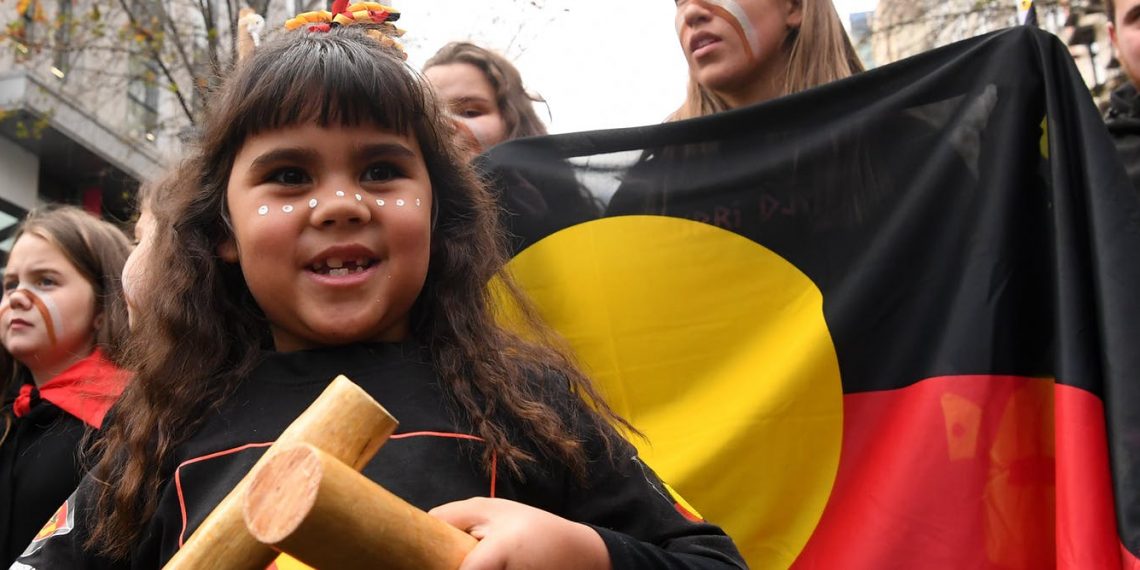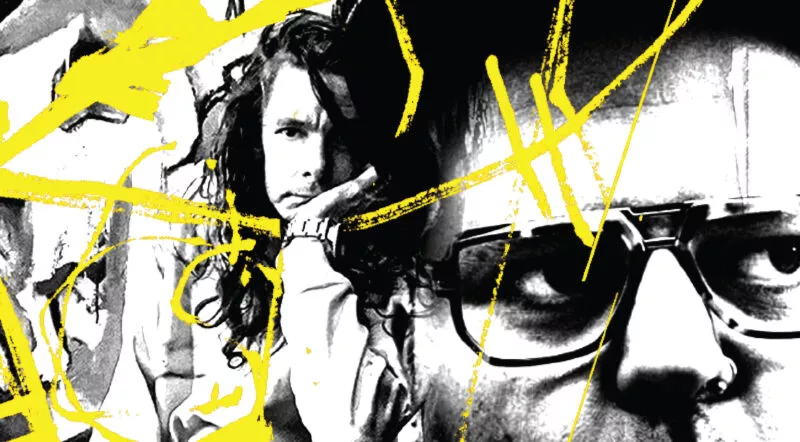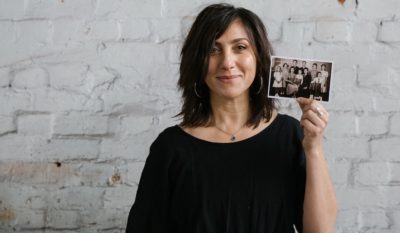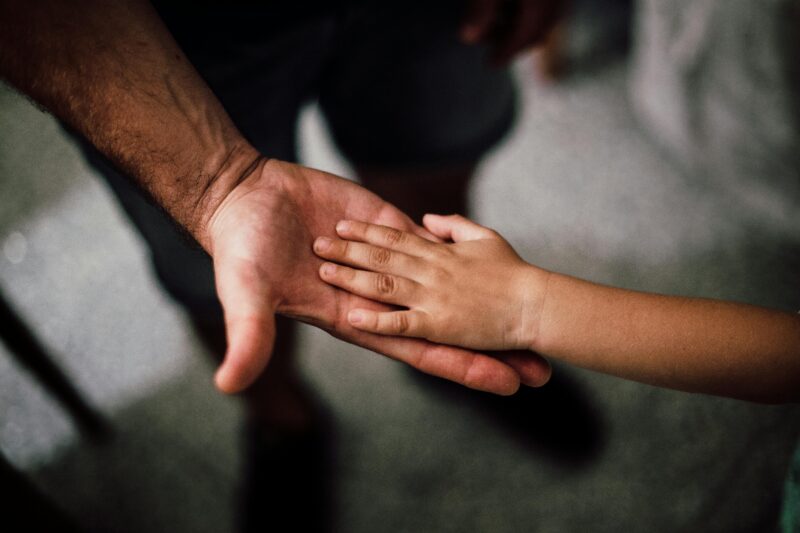The Voice Referendum is very likely in the hands of the young
On October 14 Australians will head to the polls to decide whether an Indigenous Voice to parliament will be enshrined in the constitution.
For those aged under 42 it will be the first time they have been called to vote in a referendum in Australia. Many did vote in the plebiscite six years ago in favour of same-sex marriage (where the youth vote drove the result). However, a plebiscite doesn’t change the constitution (though everyone knew the result would be acted upon).
Since 1901 there have been 44 referendums, with only eight proving successful. For this referendum to be successful, the proposed change must pass by a “double majority”, which means a majority of voters nationwide and a majority of voters in a majority of the states (at least four out of the six states). Meaning that in order to pass, a referendum has to be a non-contentious idea, like allowing the Senate and the House of Representatives elections to be held at the same time; a retirement age for judges; counting Aboriginal Australians in the census.
So, what does this all tell us? It means that in Australia change is hard and slow to happen. Historically when it comes to voting Australians have been guided by party loyalties, playing into a two-party system. But that is changing as millennials and generation Z (the youth vote) are driven more by issues like the environment and social justice than party fidelity.
In an article by Intifar Chowdhury in the Conversation, at the 2019 federal election 42% of those under 24 did not vote for either of the major parties. For those over 65 that number dropped to 12%.
This progressive and hopeful outlook combined with skyrocketing numbers of young people enrolling to vote, places the success of the yes vote firmly in the hands of young people.
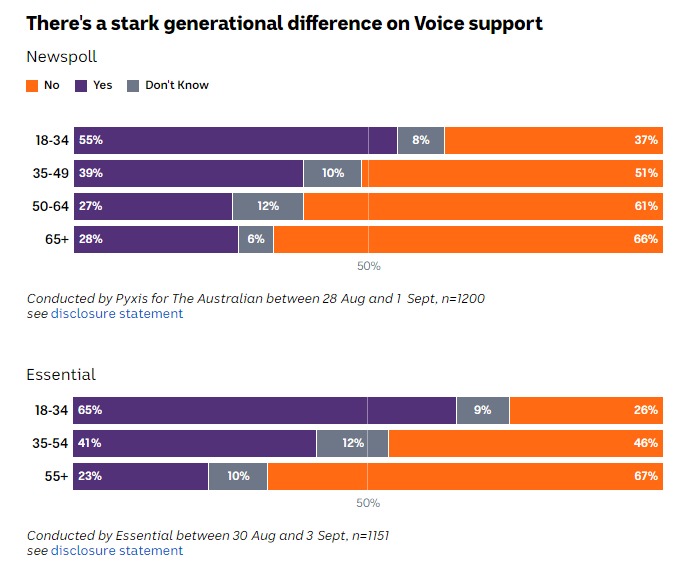
According to the Australian Electoral Commission the national youth enrolment rate is now at 91.4% (that’s about 1.8m voters aged between 18 and 24), up from 86.4% (1.66 million voters) a year ago. The number of Indigenous Australians enrolled has also risen from 84.5% to 94.1% in the same timeframe.
Research from the Australia Institute found younger Australians were most likely to support the Voice, with 73% of 18 to 29-year-olds surveyed saying they plan to vote Yes, 15% to vote No and 12% saying they didn’t know.
Speaking with news.com Richard Denniss, executive director at the Australia Institute, said that it was young people that could turn the tide in the yes vote.
“Our research shows new Australians and young Australians are most optimistic about making Australia the best it can be, and most likely to support the Voice,” Dr Denniss said.
“Young Australians ought to talk to their parents and grandparents about why they so strongly support the Yes vote and their hopes for the future of our nation.”
The Australian Institute also ran a survey in South Australia specifically between the 1st and 7th of August 2023 that found that two in five South Australians (43%) indicating that they will vote Yes, compared to 39% with No, and 18% saying they are still unsure.
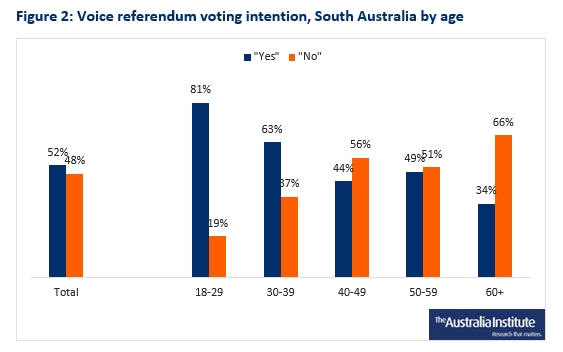
Noah Schultz-Byard, South Australian director at the Australia Institute says that South Australia will be key for the upcoming referendum.
“As the only jurisdiction with a legislated First Nations Voice to Parliament, and as a potential swing state, South Australia will likely be one of the key battlegrounds ahead of the upcoming referendum.”
